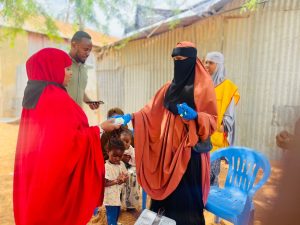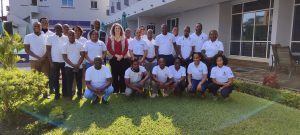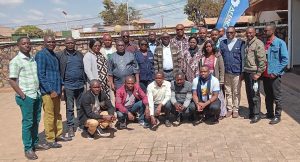AFENET Director calls for increased investment in public health workforce in Africa
-
by
AFENET
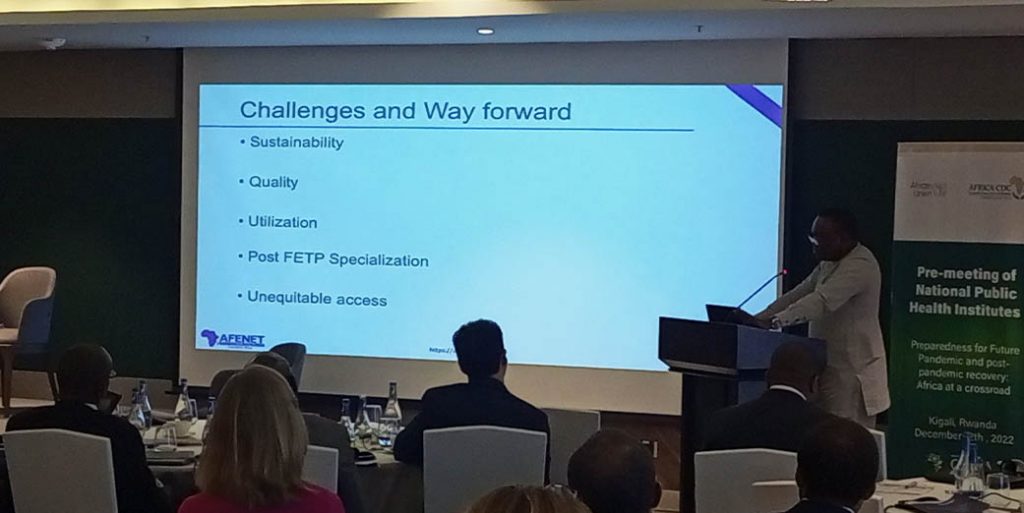
Africa, with a population of 1.34 billion people, needs to quickly train additional 2,803 epidemiologists to meet one of the minimum expected global health security targets to be able to promptly detect and adequately respond to disease threats. Africa needs a minimum of 6694 field epidemiologists at different levels of the health care to strengthen the health security of the member states but has only trained a total of 3,891 as at December 2022.

Health is most effectively managed at the community level. The second administrative unit of most countries in Africa manages the primary health care system closest to the population. At this level, a minimum of six frontline workers needs to be trained on basic surveillance and data management skills to be help detect disease threat and initiate control mechanism. Out of a total of 37,428 frontline workers needed to be trained only 10,218 had been trained, leaving a gap of 27,210. Dr. Simon Antara, Director AFENET, called for more sustained investment in filling this gap in the public health human resource for health in the continent. He made this call at the pre-meeting of the National Public Health Institutes during the just concluded 2nd Conference of Public Health in Africa in Kigali, organized by Africa CDC, and hosted by the Government of Rwanda. The theme of the conference was “Preparedness for Future Pandemics and Post Pandemic Recovery: Africa at a Crossroads.”
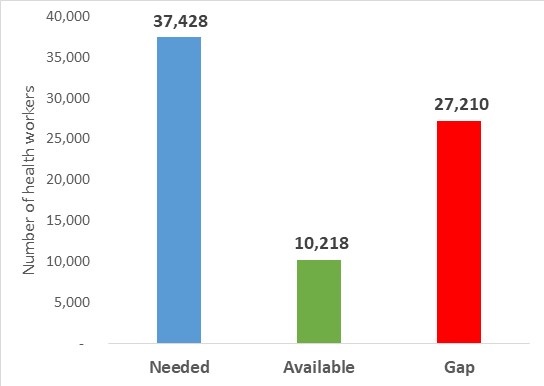
He also emphasized the need for proper deployment and innovative strategies to retain the public health workforce in the communities where they are needed most. He assured the heads of the National Public Health Institutes, agencies and partners present that AFENET would continue to support quality improvement in the Field Epidemiology Capacity Development, ensure standardization through global accreditation and advocate for full integration and retention trained health workforce into the system for maximum impact.

